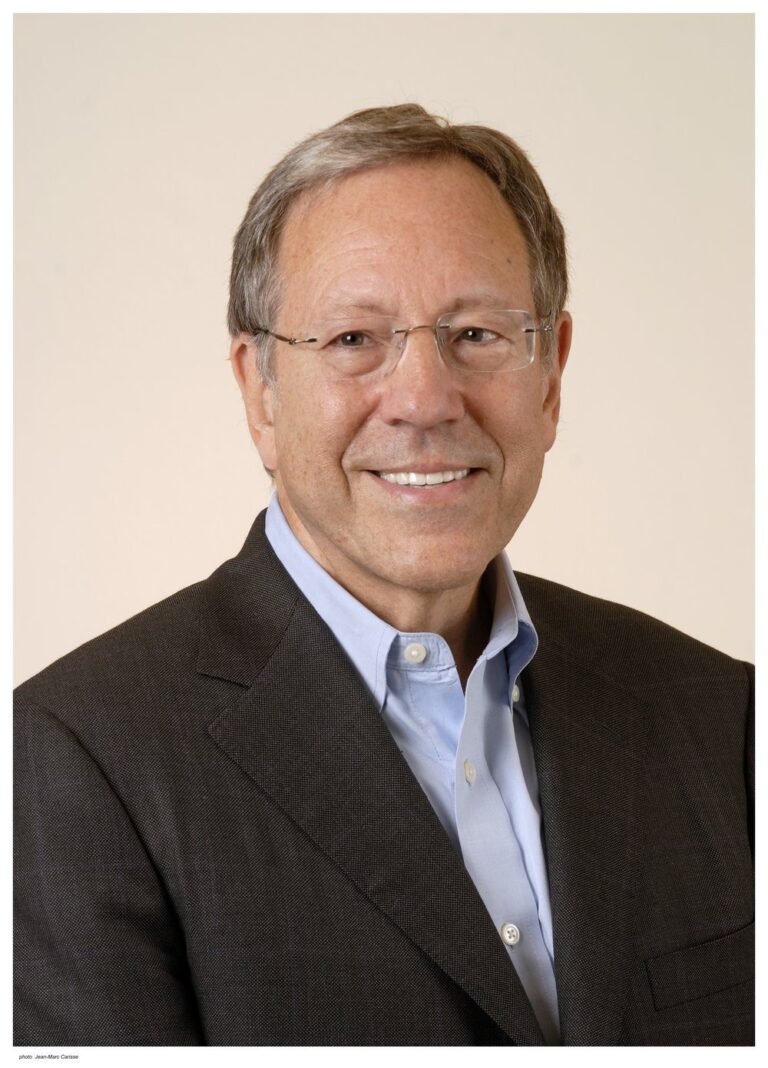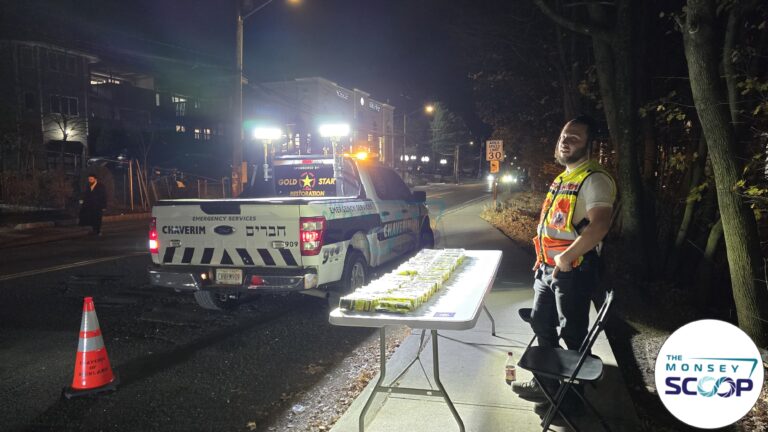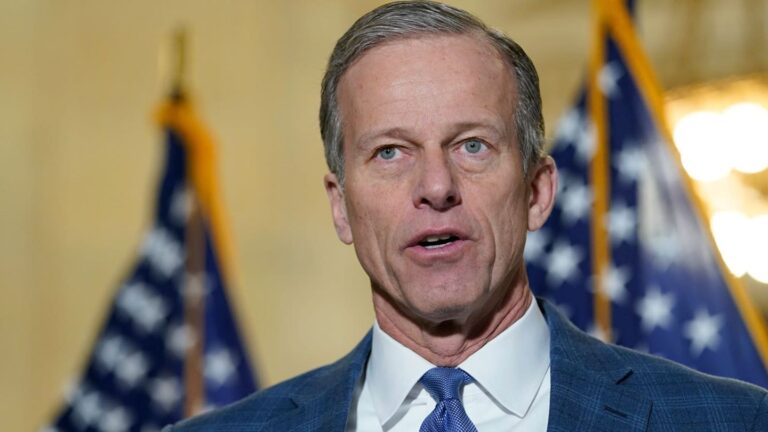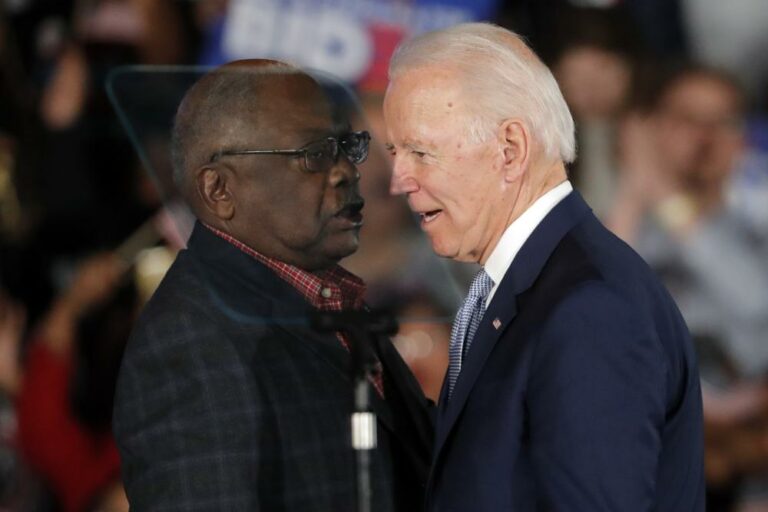 Republicans challenged Democrats for control of the Senate and sought to pad their majority in the House on Tuesday in elections shaped by widespread voter discontent with President Barack Obama.
Republicans challenged Democrats for control of the Senate and sought to pad their majority in the House on Tuesday in elections shaped by widespread voter discontent with President Barack Obama.
Big-state Democratic governors in New York and California sought new terms, and challengers tested Republican incumbents in Wisconsin, Florida and Pennsylvania, high-profile races among 36 gubernatorial contests.
Voters in 41 states also settled ballot questions ranging from gun laws to marijuana legalization to the minimum wage. Maine’s residents settled the fate of a proposal to ban bear hunters from using bait, dogs or traps.
But the unquestioned main event was the Senate. Republicans needed to pick up six seats to gain a majority for the first time since 2006, and with it more power to shape the final two years of Obama’s time in the White House.
The large number of highly competitive races combined with the likelihood of runoffs in Louisiana and Georgia raised the possibility that neither party would be able to claim victory by the day after Election Day.
There were 36 Senate races on the ballot, although most of the attention went to fewer than a dozen. They drew hundreds of millions of dollars in attack ads in a campaign season estimated to cost more than $4 billion — just for the races for Congress.
Republicans were heavily favored to claim at least three Senate seats where Democrats had chosen to retire, in Montana, South Dakota and West Virginia.
Among incumbents, Mark Pryor faced a stern challenge in Arkansas, as did Kay Hagan in North Carolina and Mark Begich in Alaska, all states that Obama lost in 2012.
The same applied in Louisiana, where Sen., Mary Landrieu and Rep. Bill Cassidy were in a three-way race, with a Dec. 6 runoff ahead if no candidate gained a majority.
Democrats Jeanne Shaheen in New Hampshire and Mark Udall in Colorado also had difficult races in states Obama won two years ago.
Sen. Tom Harkin’s decision to step down in Iowa gave rise to a fierce battle between Democratic Rep. Bruce Braley and Republican Joni Ernst. Her campaign took off earlier in the year when she made a television advertisement saying she had learned how to castrate hogs as a girl growing up on a farm.
Georgia chose a replacement for retiring Republican Sen. Saxby Chambliss in a three-way race that included Republican David Perdue and Democrat Michelle Nunn, whose father held the seat for a quarter century. State law set a runoff for Jan. 6, 2015, if no candidate gained a majority
In one of the country’s most closely watched campaigns, Senate Republican leader Mitch McConnell, who would control the Senate’s agenda if Republicans gain a majority, sought to fend off a challenge from Alison Lundergan Grimes, Kentucky’s secretary of state.
The year’s most unlikely race belonged to Kansas, where Republican Sen. Pat Roberts faced a challenge from independent Greg Orman.
The seat has been in Republican hands since 1938, but party leaders rushed reinforcements in after the incumbent got a primary scare from a tea party challenger and then Democrat Chad Taylor left the race.
In the House, all 435 seats were on the ballot, but the roster of competitive races was less than 10 percent of those. In all, 32 incumbents ran unopposed, 17 of them Republicans and 16 Democrats. Another 34 had opposition only from minor party candidates or independents, 14 Republicans and 20 Democrats.
Ten more seats were already safe for one party of the other, pitting two Republicans against one another or two Democrats.
Speaker John Boehner, R-Ohio, was on the ballot for a 13th term, and the Democratic leader, Rep. Nancy Pelosi of California, for a 14th.
Not even Democrats claimed a chance to topple the Republican House majority. They spent the campaign’s final days dispatching money to districts where incumbents suddenly found themselves in danger.
Republicans sought to downplay any expectation of large gains. A pickup of 13 would give them more seats in the House than at any time since 1946.
Obama, a burden for Democratic candidates almost everywhere, spent the day at the White House after casting an early ballot several days ago in Illinois. His approval ratings were in the low-to-mid 40s in most polls.
Among governors, Democrats Andrew Cuomo in New York sought a second term and Jerry Brown in California a fourth — 40 years after he was first elected.
A fierce campaign ended in Texas, where attorney general Greg Abbott and Democratic state Sen. Wendy Davis were on the ballot.
Numerous governors in both parties faced strong opposition. Among them were Republicans Tom Corbett in Pennsylvania, Nathan Deal in Georgia, Scott Walker in Wisconsin, Rick Scott in Florida, Sam Brownback in Kansas and Sean Parnell in Alaska.
Democratic governors being challenged included Dannel Malloy in Connecticut, John Hickenlooper in Colorado and Pat Quinn in Illinois.
Competitive races for open gubernatorial offices included Massachusetts and Rhode Island.
The spending was unprecedented for a non-presidential year.
According to the Federal Election Commission, more than 500 groups reported making independent expenditures through Monday. Most of the attention went to groups set up by the political parties, their allies or outside interests.
FEC figures showed the House Democratic campaign committee spent the most — $69 million in what it conceded in advance was an attempt to minimize its loss of seats.
(AP)










